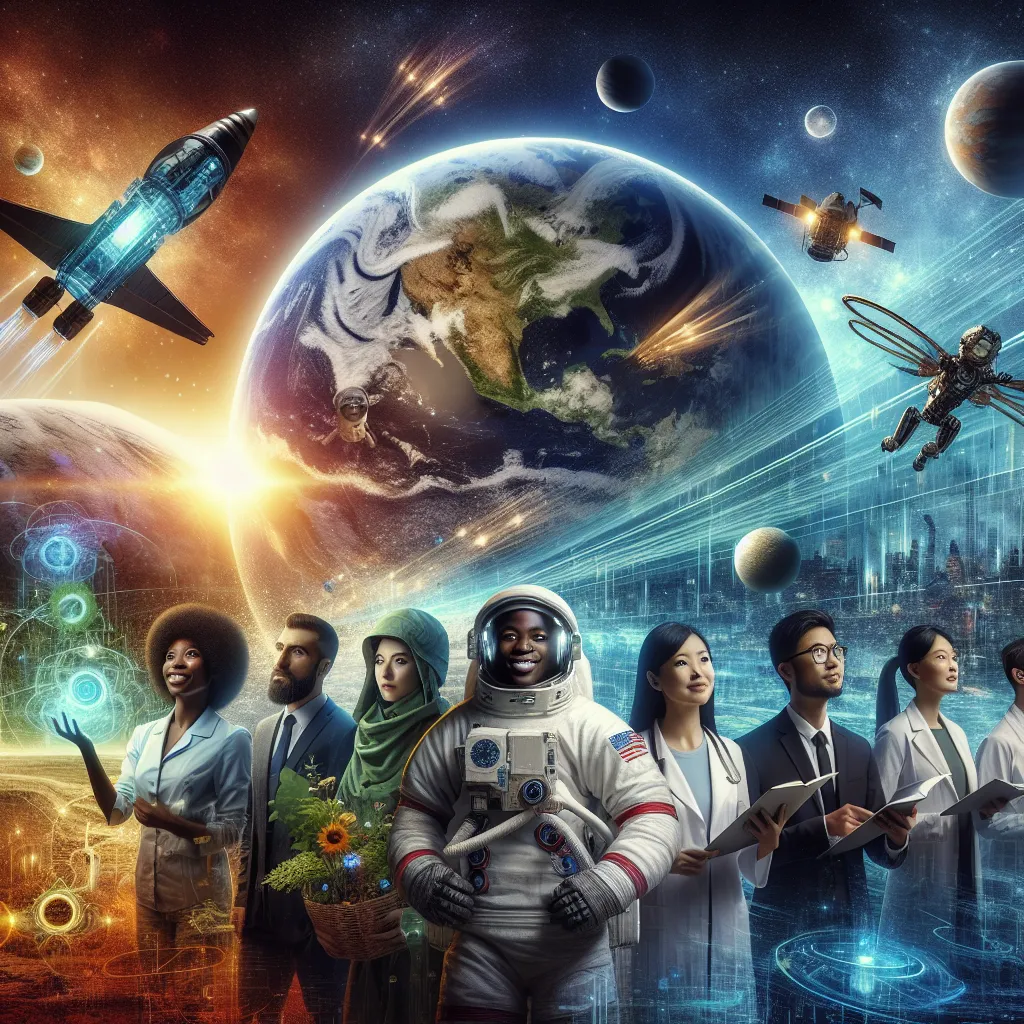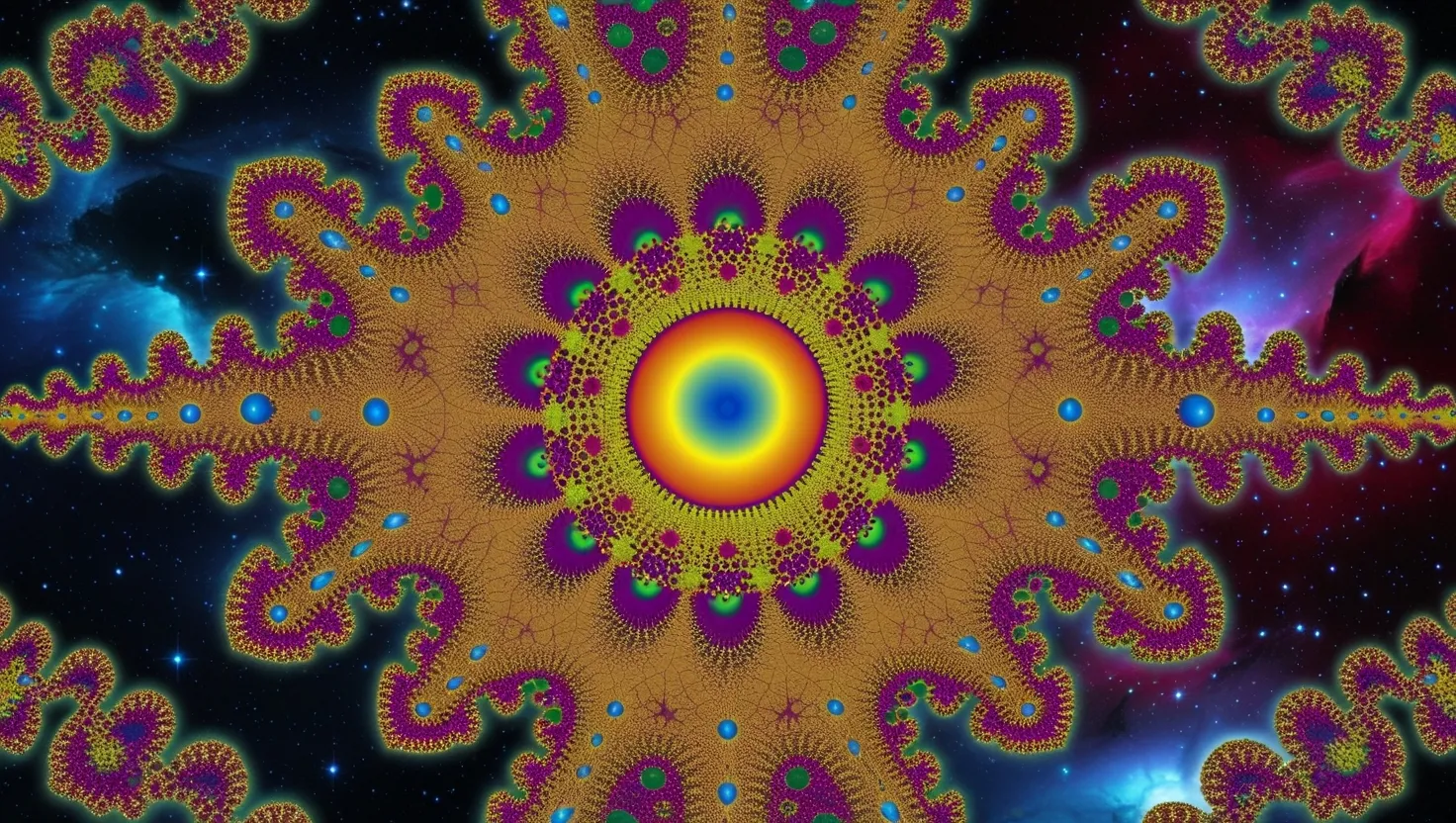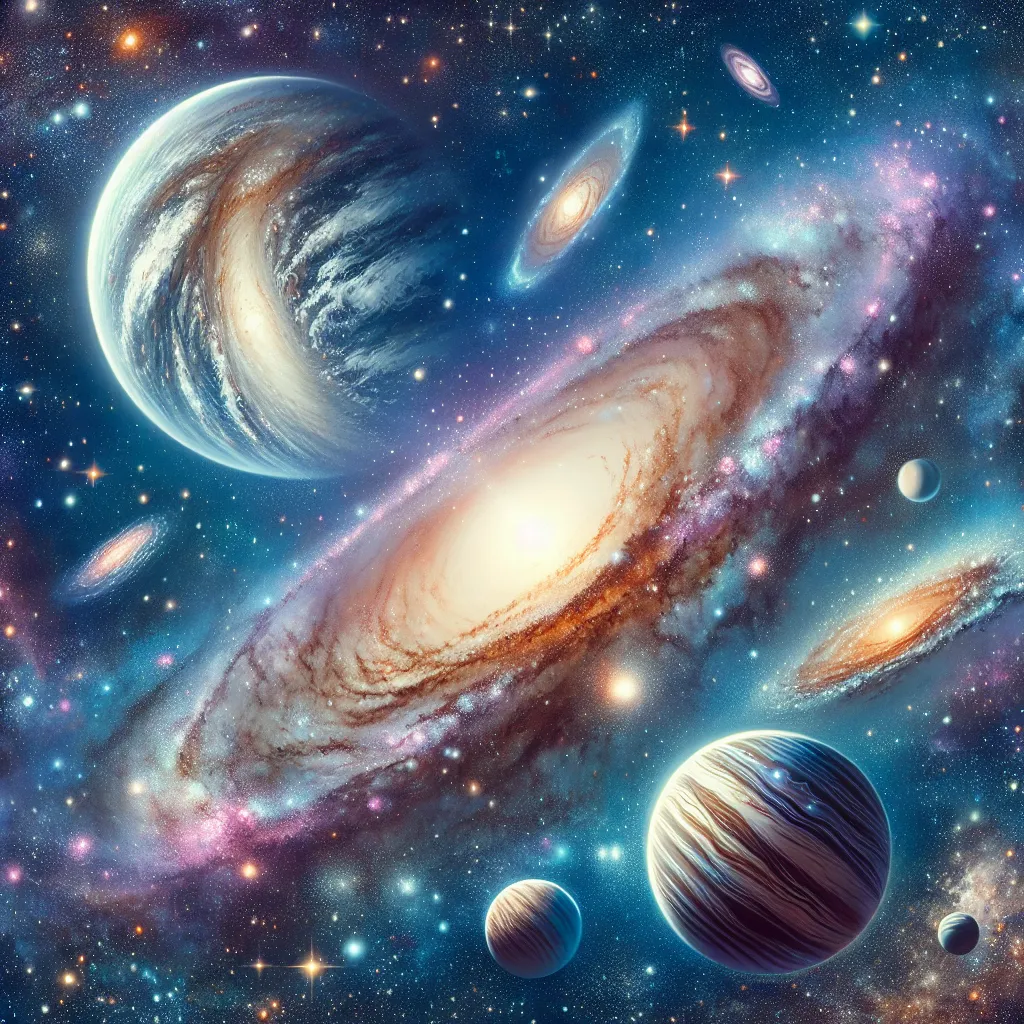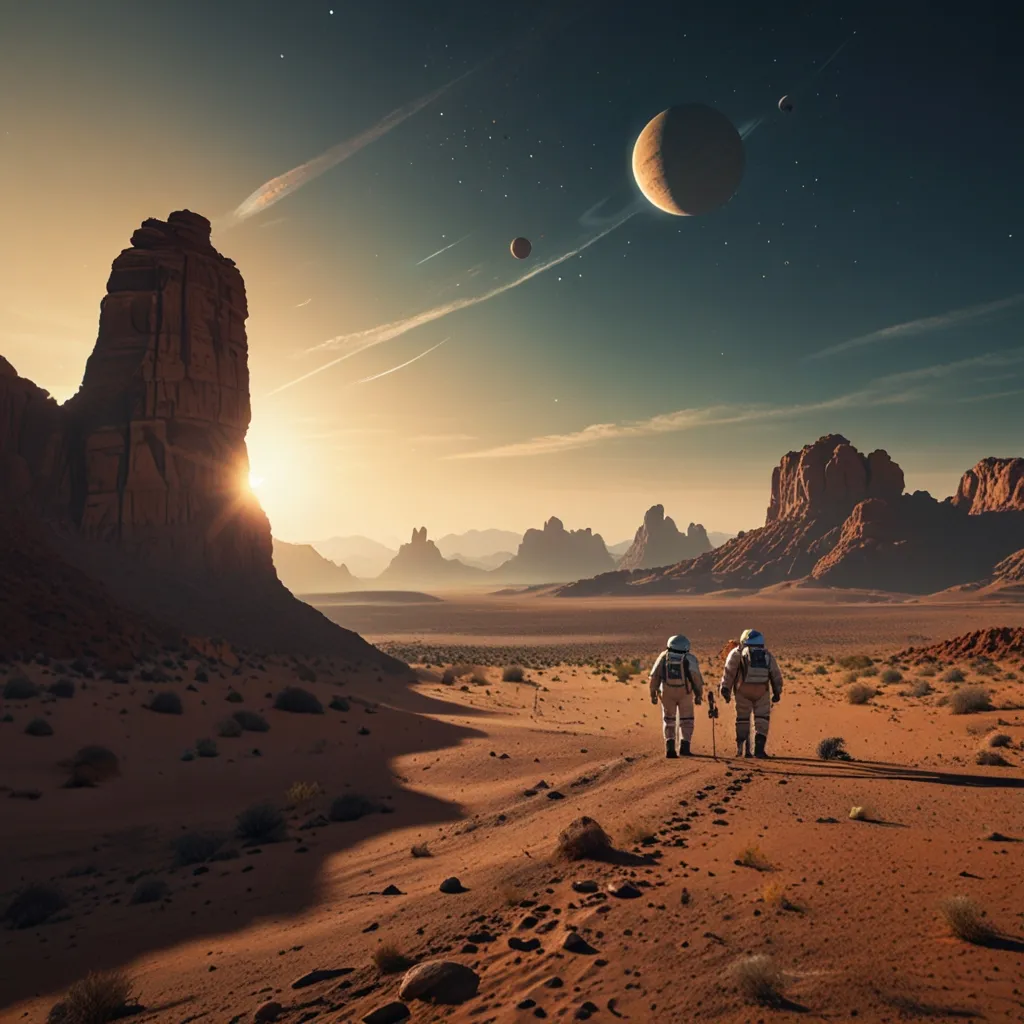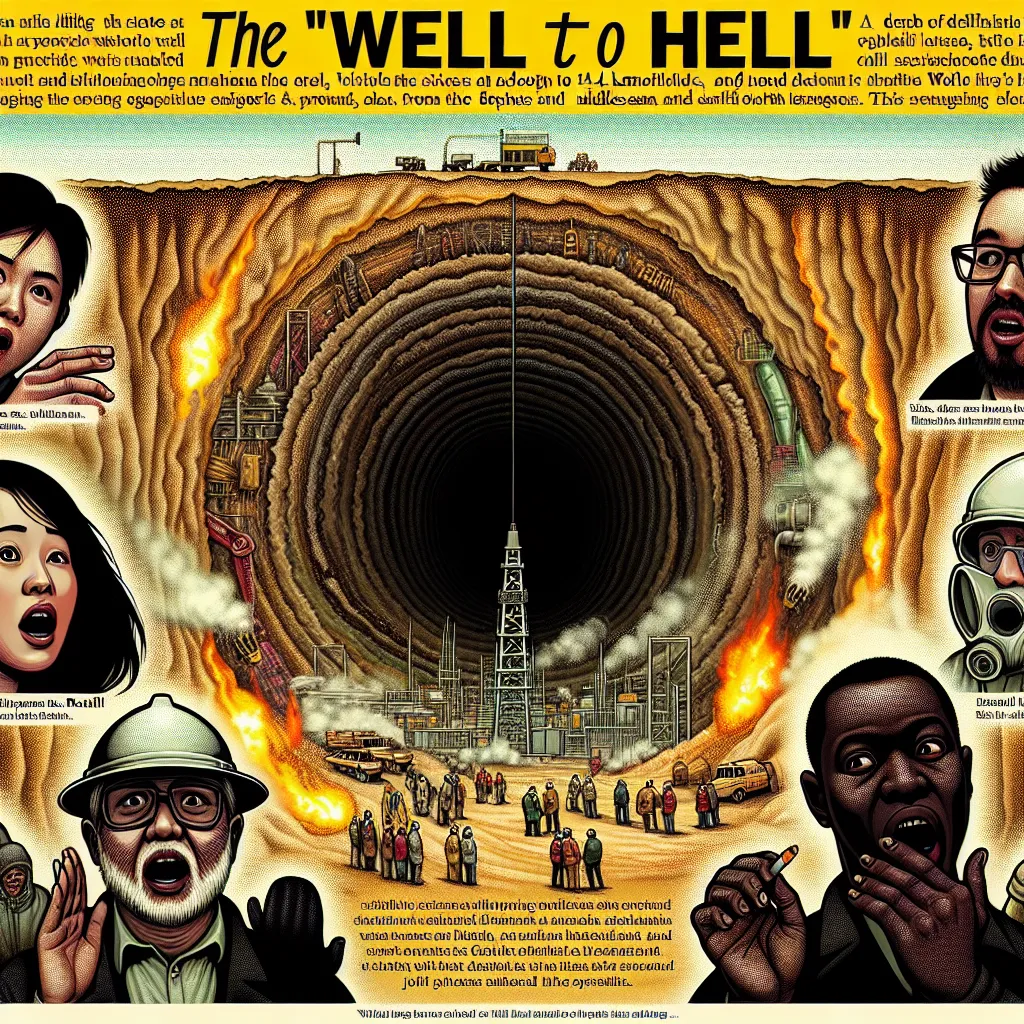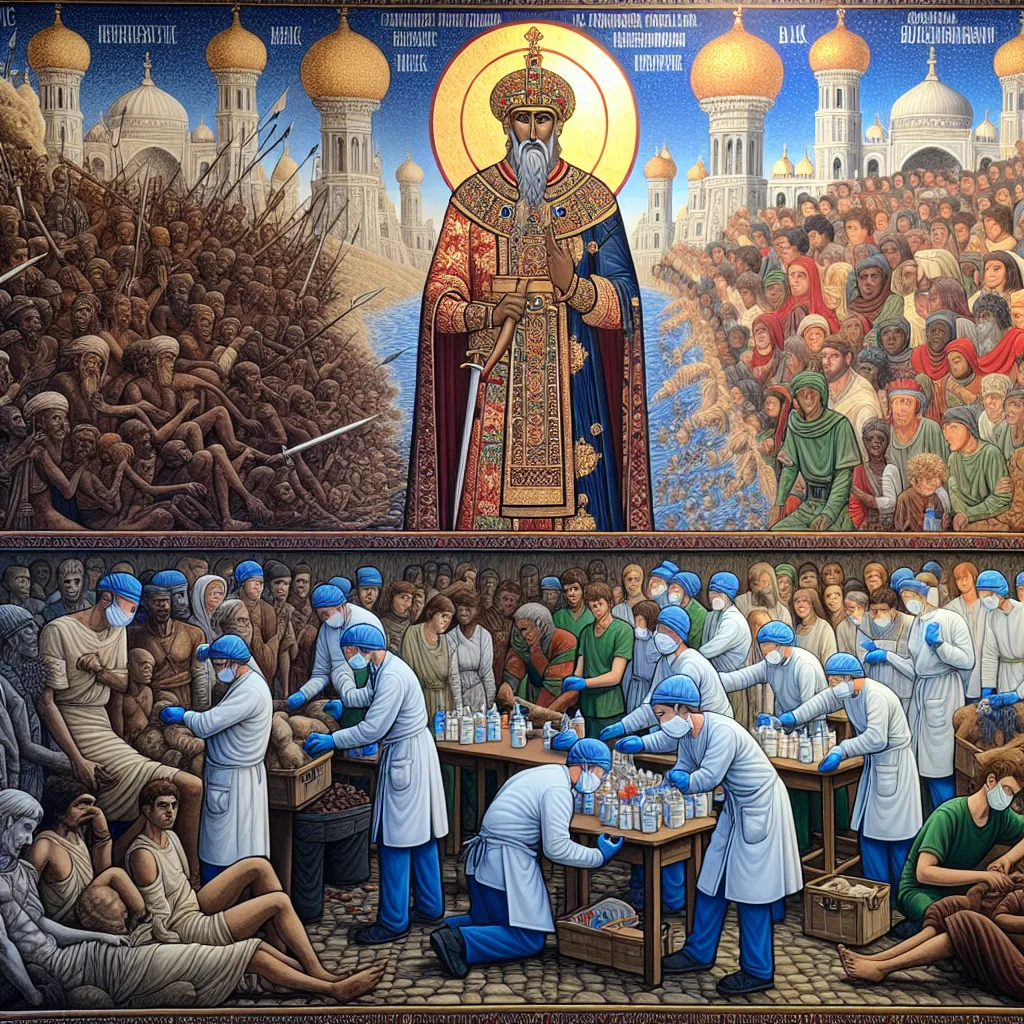The future of humanity often feels uncertain. Rapid climate change, political division, and human greed make it challenging to feel optimistic about our species’ future. Yet, historically, people have always believed they were living in the end times, only to see life continue as usual. This mindset leads to short-term thinking and distracts us from building a better world for ourselves and future generations.
Interestingly, we might actually be living in a pivotal moment in human history. To grasp this, we should consider the whole timeline of humanity and ponder: When will the last human be born, and how many people will ever exist? While these estimates are speculative, understanding our past can offer some insights.
Modern humans emerged around 200,000 years ago, excelling in tool-making, storytelling, abstract thinking, and cooperation. However, for a long time, our numbers grew slowly due to scarce food, tough survival conditions, and low life expectancy. It took 150,000 years for the human population to reach 2 million.
The agricultural revolution catalyzed significant growth, and by 1800, following the industrial revolution, the population had surged to 1 billion. Today, we are around 8 billion strong. Over history, about 117 billion humans have lived, meaning about 7% of all humans ever are alive now.
Assuming our species survives for a million years, which is conservative considering some mammals survive much longer, there could be 100 trillion humans yet to be born if we maintain current birth rates. This astounding number suggests that we might be at the very beginning of the human story rather than the end.
If humanity leaves Earth, our potential increases dramatically. Imagine colonizing the solar system, where resources and energy from the sun and materials from the asteroid belt could support an immense population. Advanced civilizations might also explore other star systems, potentially leading to numerous unimaginable futures.
Thus, humanity’s timeline could extend for billions of years, and our descendants could inhabit not just planets but entire galaxies. This paints a picture of a vibrant and expansive future full of possibilities.
Ultimately, what we do now profoundly affects countless future lives. As we stand at this crucial juncture, we must think long-term and act responsibly for the benefit of those who have yet to be born. This shift in perspective from seeing ourselves at the end to the beginning of a grand human story can inspire us to create a better future for all.
